AeroGenie — Ваш интеллектуальный второй пилот.
В тренде
Categories
Why Delta Air Lines Chose the Airbus A350 Over the Boeing 787
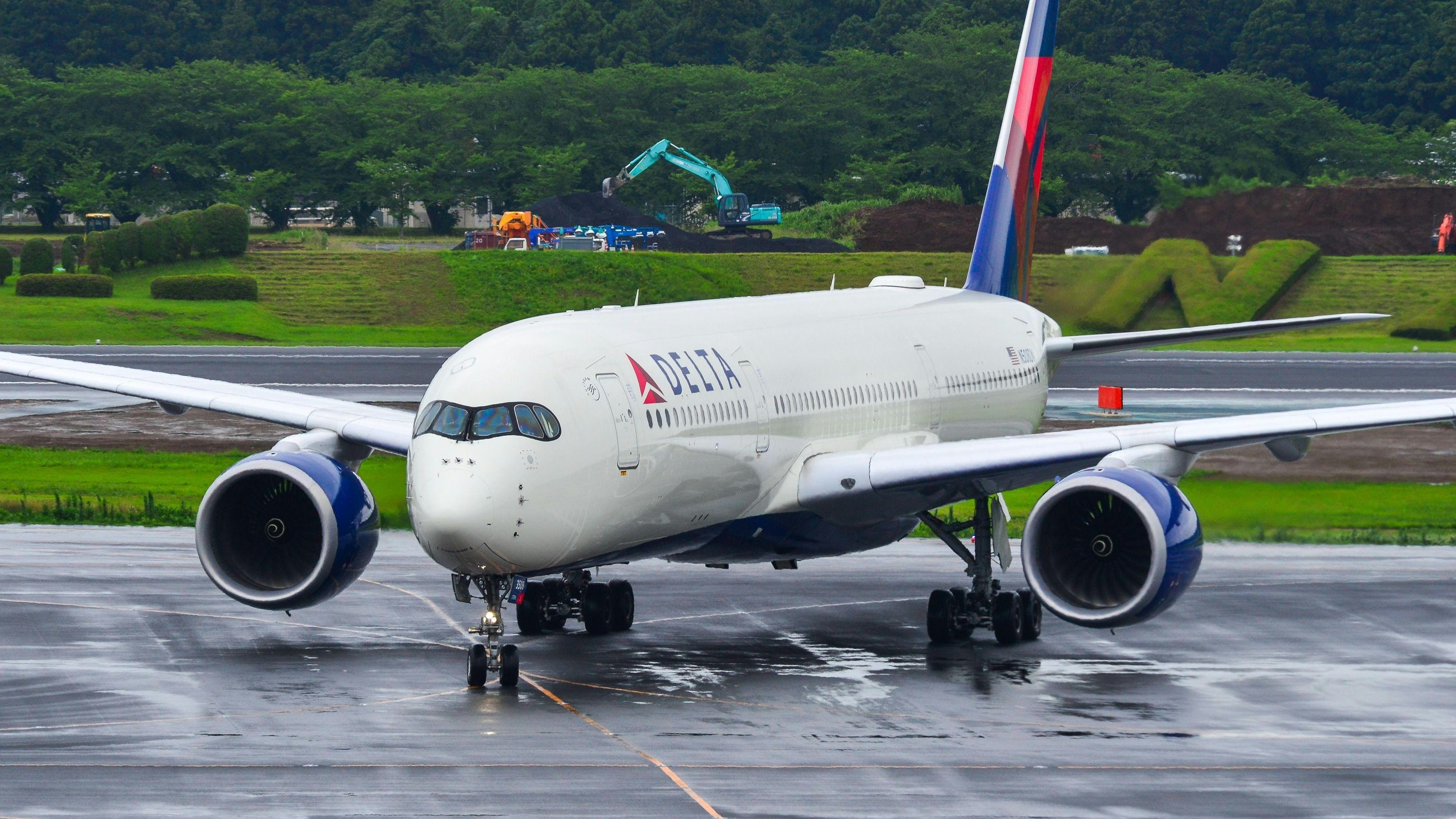
Why Delta Air Lines Chose the Airbus A350 Over the Boeing 787
Delta Air Lines distinguishes itself among major U.S. carriers by opting not to operate the Boeing 787 Dreamliner, instead selecting the Airbus A350 as the cornerstone of its long-haul fleet. This decision reflects a complex interplay of operational priorities, strategic considerations, and industry dynamics that have influenced Delta’s widebody aircraft acquisitions over the past decade.
Strategic Fleet Decisions and Operational Considerations
Following its 2008 merger with Northwest Airlines, Delta inherited an order for 18 Boeing 787-8 aircraft. However, in 2016, the airline formally canceled this order, choosing to focus its widebody fleet development on the Airbus A330 family and the A350. Since then, Delta has refrained from placing any new orders for the Dreamliner, even as competitors such as American Airlines, United Airlines, and Hawaiian Airlines have incorporated the 787 into their long-haul operations.
A principal factor driving Delta’s preference for the A350 is the aircraft’s superior range and fuel efficiency, which align closely with the airline’s expansive global route network. The A350’s performance capabilities enable Delta to operate long-haul flights more economically, supporting both international growth and operational flexibility. Furthermore, the A350 has benefited from strong market reception and competitive pricing, making it an appealing choice for airlines aiming to modernize their fleets with advanced, cost-effective aircraft.
Boeing’s Challenges and Market Dynamics
Boeing’s difficulties with the 787 program also played a significant role in Delta’s decision. The Dreamliner experienced notable production delays and quality control issues, including well-documented problems with its lithium-ion batteries during development. These setbacks temporarily eroded confidence in Boeing’s ability to deliver new aircraft on schedule and to the expected standards of quality. Industry analysts have suggested that, following Boeing’s merger with McDonnell Douglas, the company’s focus shifted toward short-term cost-cutting measures, which may have contributed to these challenges.
Delta’s current widebody fleet composition reflects this strategic approach. According to Planespotters.net, the airline operates 42 Airbus A330s, 37 A330-900neos (with two additional aircraft on order), and 38 A350-900s (plus six on order), alongside 20 A350-1000s on order. While Delta maintains a substantial fleet of Boeing 767s, it has not expanded its Boeing widebody orders in recent years.
In response to industry concerns, Boeing has taken steps to address the 787’s production issues and restore confidence among airline customers. The Dreamliner family remains globally popular, with over 2,199 firm orders, surpassing the A350’s 1,428 orders. Nevertheless, Airbus continues to consolidate its market position through robust deliveries and growing orders, particularly in key markets such as China.
Future Prospects and Industry Speculation
Despite Delta’s current commitment to Airbus, industry speculation suggests the airline may be reevaluating its position, with rumors of a potential order for Boeing 787-10 Dreamliners. As competition between the two manufacturers intensifies and both address their respective challenges, Delta’s future fleet decisions are expected to be guided by ongoing assessments of aircraft performance, reliability, and overall value.
For the time being, Delta’s selection of the Airbus A350 underscores the airline’s emphasis on operational efficiency, dependability, and strategic alignment with its international ambitions—factors that have, at least for now, kept the Boeing 787 out of its fleet.

Locatory.com Gains Traction Among Aviation MROs and Suppliers

58 Pilots Graduate from Ethiopian University

The Engine Behind Boeing’s Latest Widebody Aircraft

UBTech Shares Rise After Airbus Orders Humanoid Robots
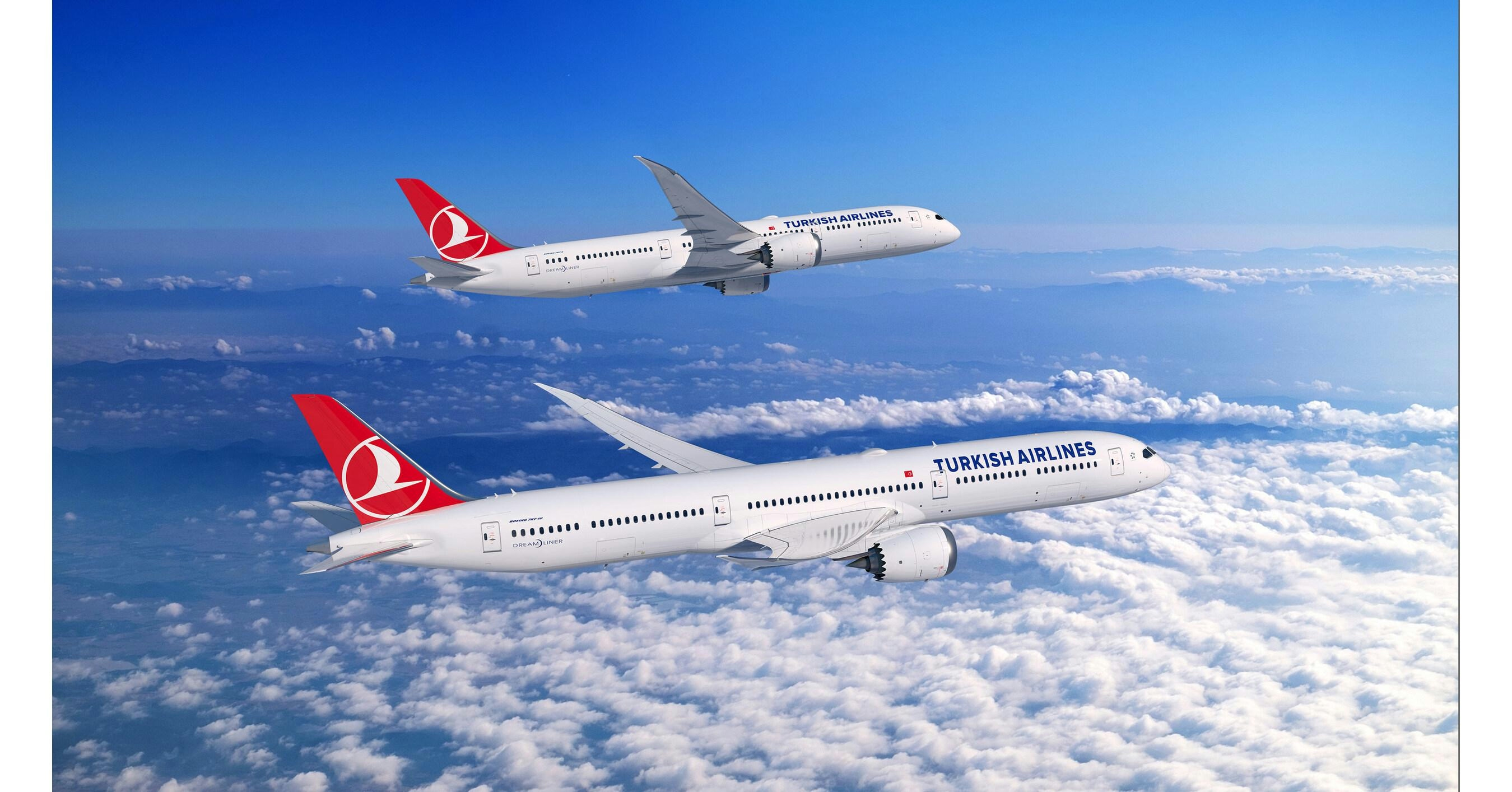
Boeing’s Widebody Jet Sales Surge Signals Shift in Global Air Travel
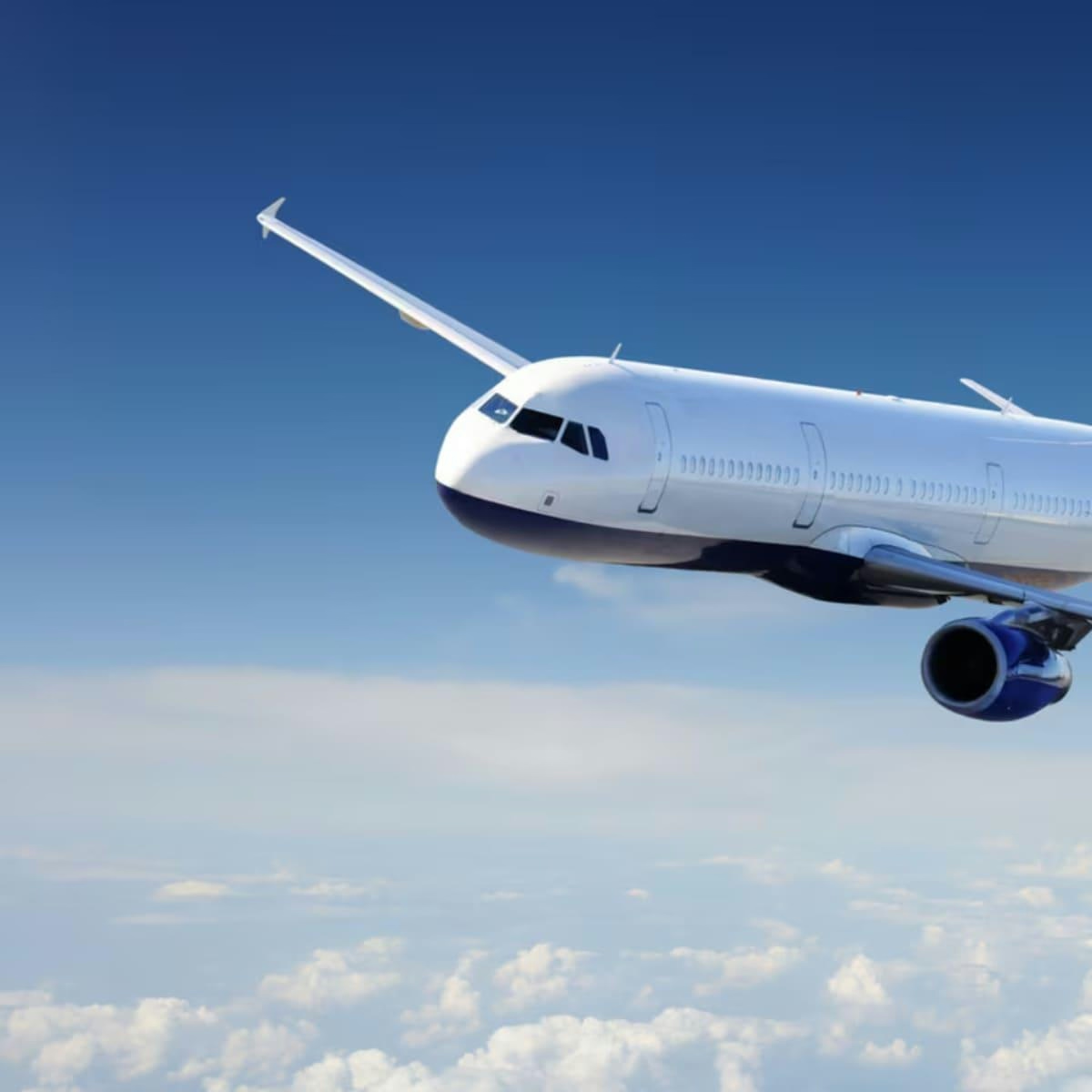
French Aircraft Design Claims to Reduce Energy Consumption by Elevenfold
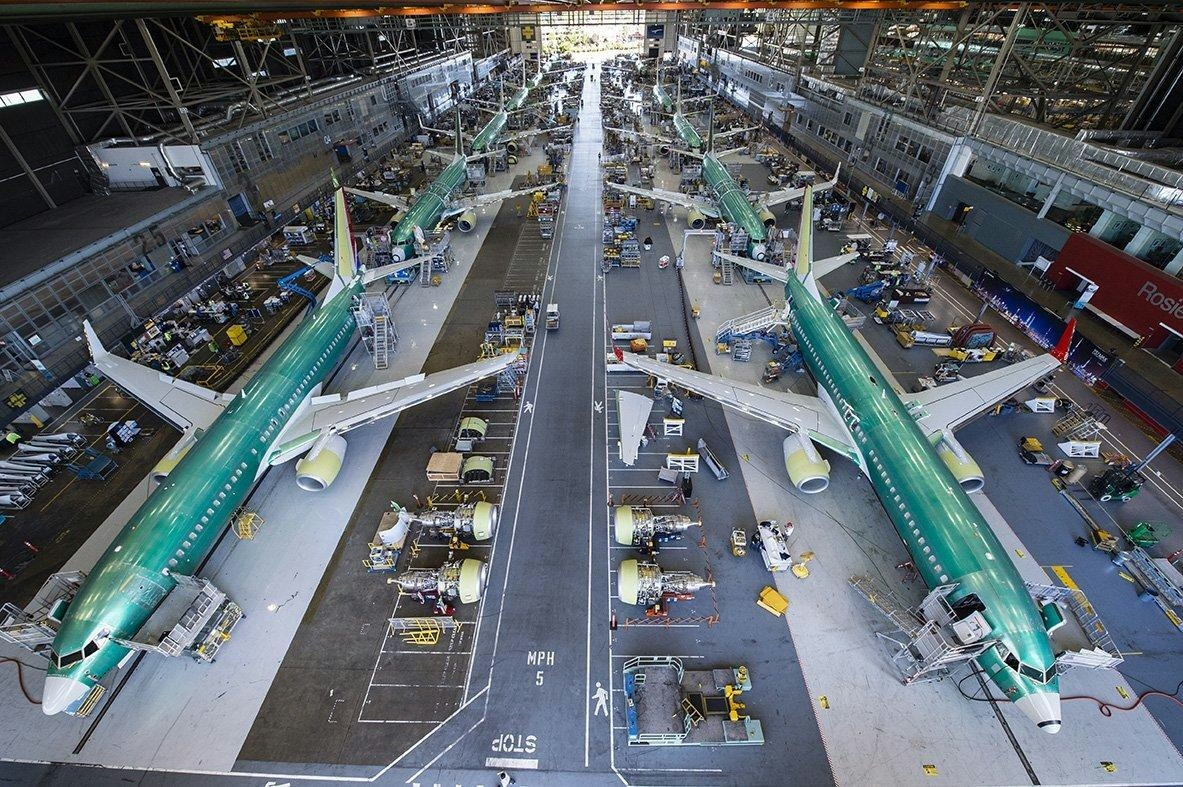
Boeing Surpasses Airbus Orders in 2025 as Deliveries Total 600
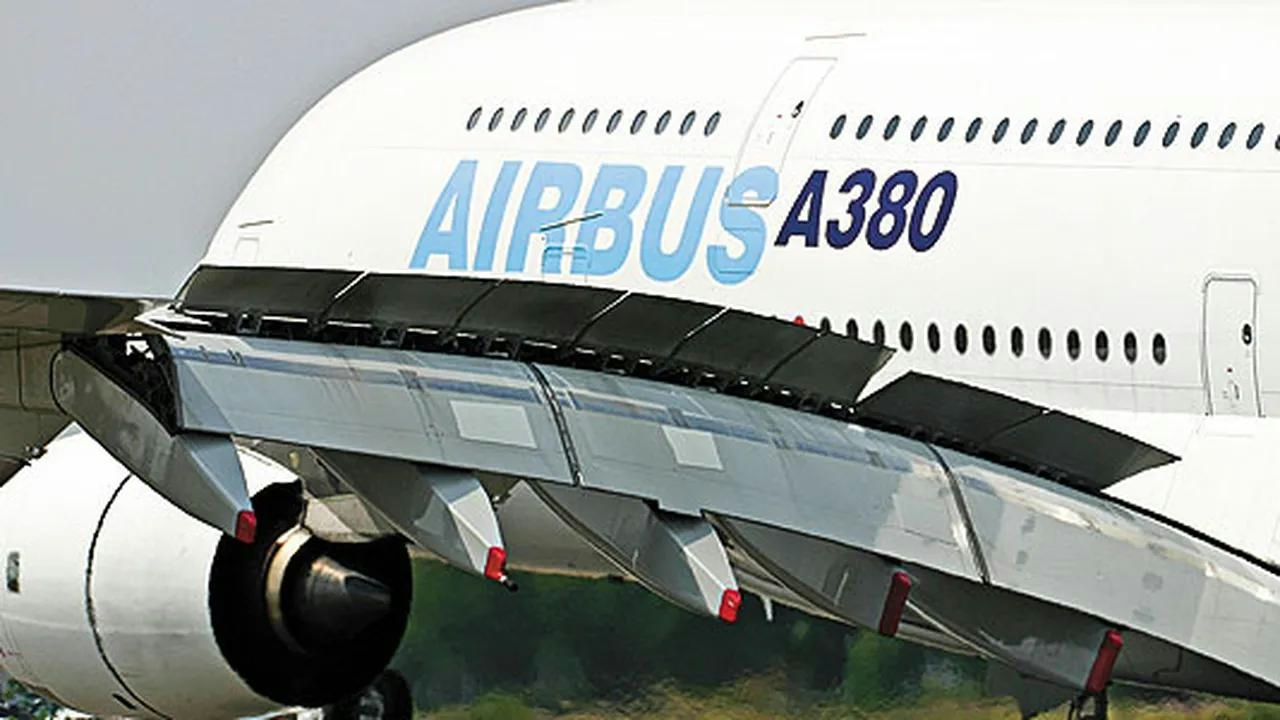
Why the Airbus A380 Uses Two Different Engine Types
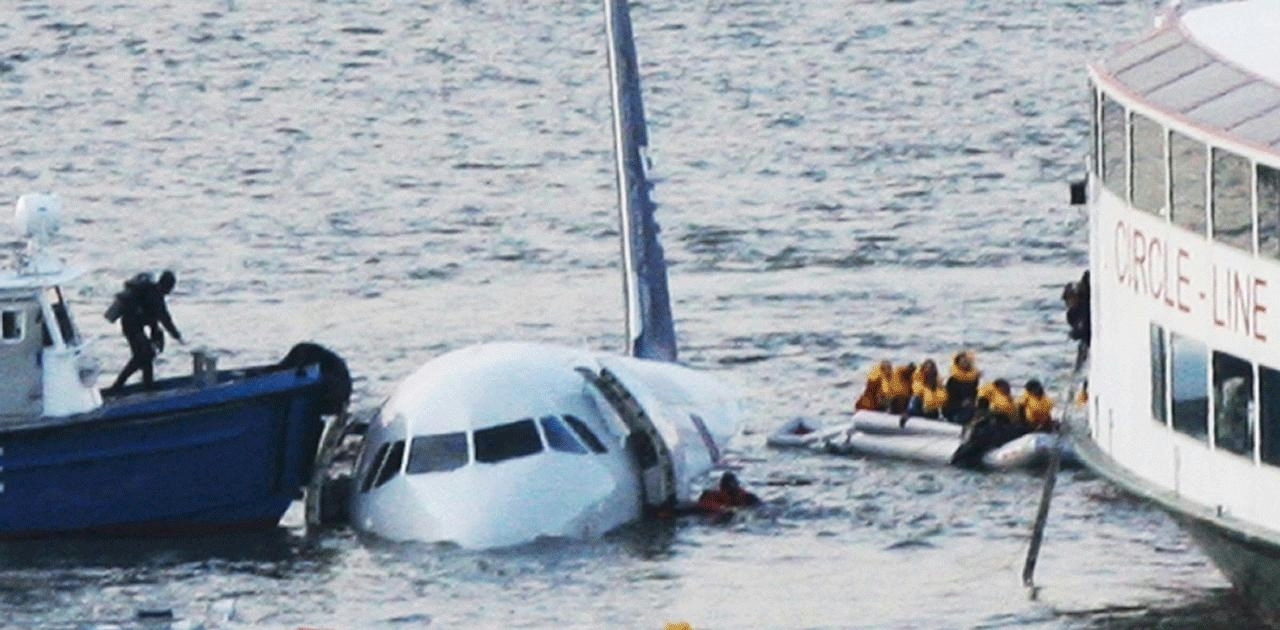
'Miracle on the Hudson' Survivor Advocates for Increased American Airlines Staffing

flydubai Implements Amperity’s AI Customer Data Platform to Enhance Customer Experience
